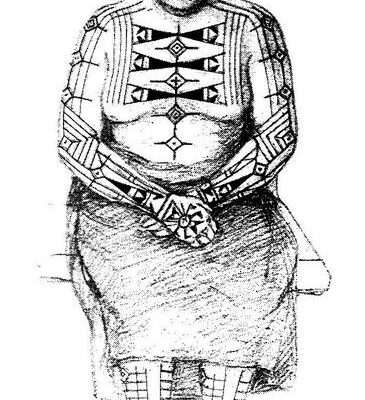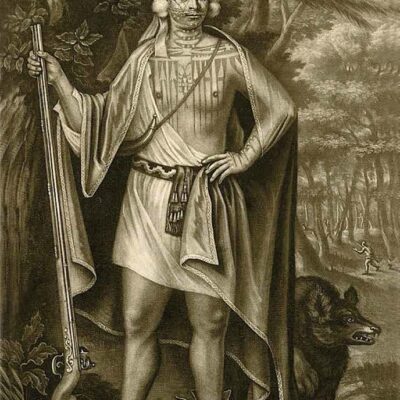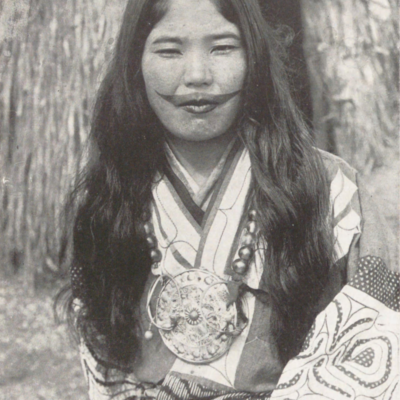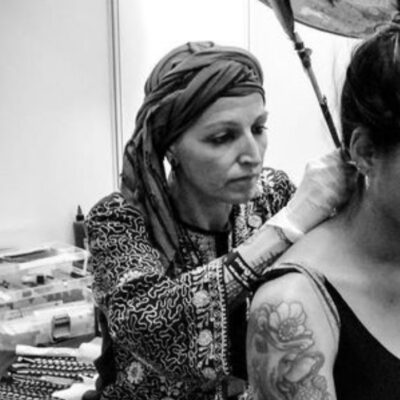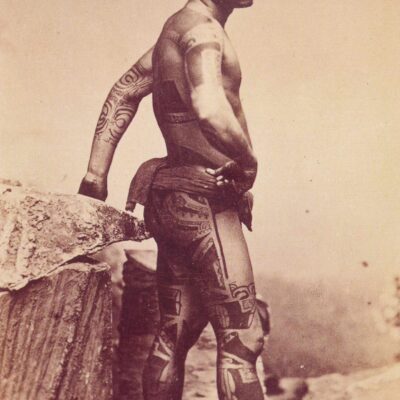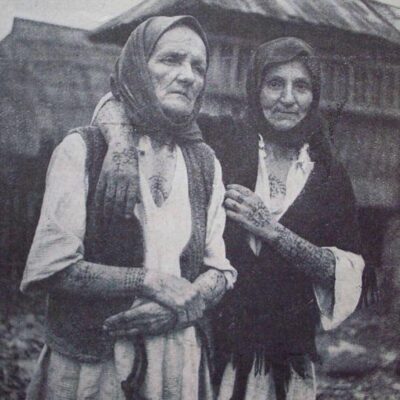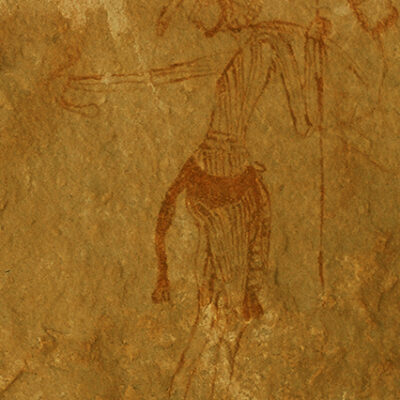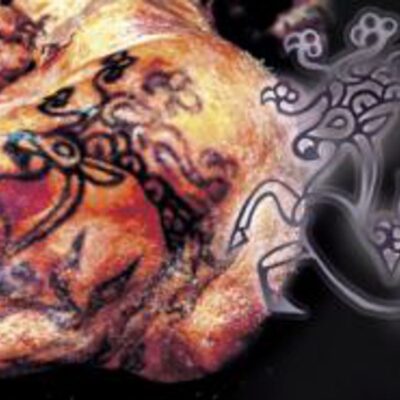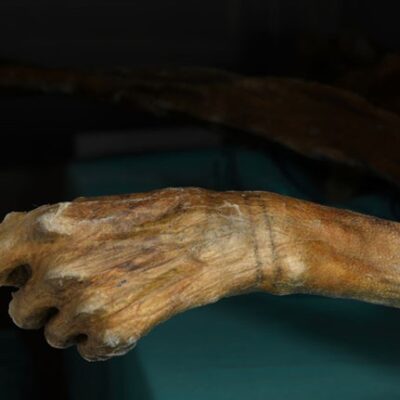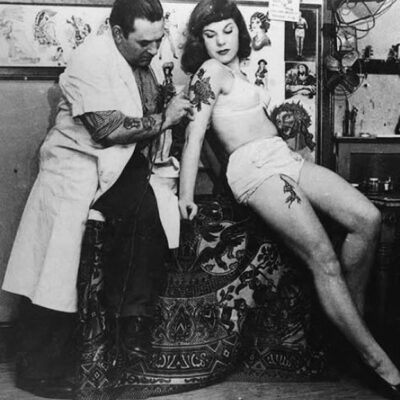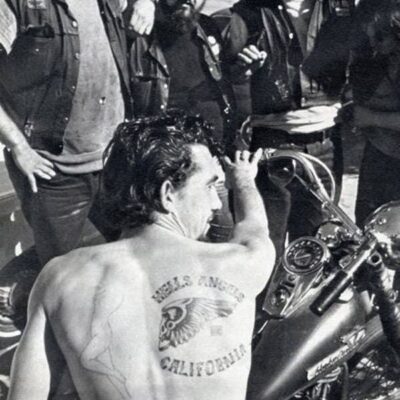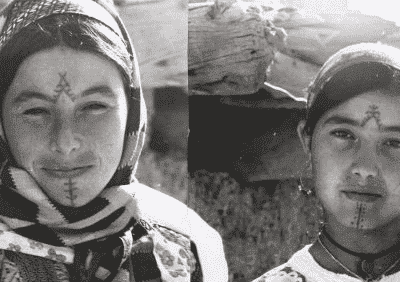Leticia Molera Vasquez is sociobiological anthropologist, tattooist, teacher, performer and sorgin/hedgewitch/volva with a specialism in human ecology and evolution. Her areas of study and interest are ritual practices, the female origins of culture and how they can help us understand how we became human as well as ethnobotany and how women are the keepers of this ancient knowledge. Studying ritual from an evolutionary perspective, she has a unique point of view, not only about historic and traditional forms of body modification but also about ancestral female initiation rites in all forms. As a practicing hedgewitch she combines ritual, herbalism and tattooing to create special markings especially for her female clients. She is from Spain but her family is of mixed heritage and has explored her ancestral heritage in her ritual practice and while she travelled the world for fieldwork and tattooing from the Americas to Morocco. She focuses on female empowerment via ancestral ritual practices mainly from her Mediterranean, Celtic Briton, Balkan, Sephardic and Basque roots especially the idea of “The Red Tent”, female shamanism/ healer roles and the power of sister solidarity.
Tattooing: Ritual, Remembrance, Resistance and Romance: a sociobiological perspective.
In this seminar I will discuss the reasons why our species would purposefully hurt/mark ourselves in turn risking infection and making ourselves more identifiable to others, hence making ourselves more vulnerable.
On the surface this goes against species survival as biological evolutionary theory describes it. I propose a more sociobiological explanation and illustrate it with the why, the how and where, taking seminar participants on both a journey through time and around the world to tattooing cultures of the past and present.
From gender specific practices to age specific ones, we will consider how tattooing played a part in our surviving and thriving as humans on Earth. We will see how it shapes our present and in turn our future
through identity creation, cultural resistance and preservation. From invaded peoples to present day indigenous activists, from mummies to bikers we will consider how tattooing helps us understand what it means to be human and how we are interconnected , through the “how” and “what” but especially the “why”.



